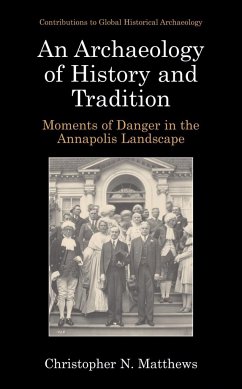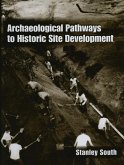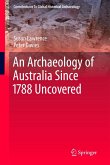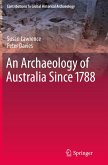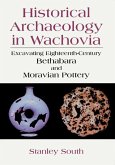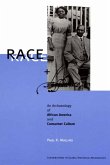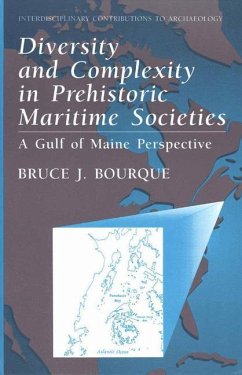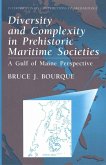As the foundations of the modern world were being laid at the beginning of the 19th century, Annapolis, Maryland, identified itself as the Ancient City. This unusual appellation has served Annapolis into the present as a city that has consistently defined and redefined for itself what being ancient means. The process of historical recognition and preservation that has played out in Annapolis provides valuable insights into the way modern Americans in general have come to know and use the past.
Though often conceived to be in opposition, modernity and tradition can be paired as cultural strategies that allow the modern world to be articulated with the tradition it hoped to replace. The multiple histories and historic landscapes derived from archaeological investigations in Annapolis are presented to show that the physical world below the surface of the city has been defined by constructions of modernity in tandem with the survival of certain traditions.
Though often conceived to be in opposition, modernity and tradition can be paired as cultural strategies that allow the modern world to be articulated with the tradition it hoped to replace. The multiple histories and historic landscapes derived from archaeological investigations in Annapolis are presented to show that the physical world below the surface of the city has been defined by constructions of modernity in tandem with the survival of certain traditions.
From the reviews:
"Matthews interprets the archaeological record and formation of the record itself as a componentn through which past traditions were created, altered, and replaced. This provocative, specialized treatise [... ]contrasts and documents the shared interests of poststructural anthropology and field archaeology, joining other critical histories of archaeological practices."
(Choice, 40:5, 2003)
"This is a book full of powerful and important ideas. It includes an excellent discussion of the concepts and relationship among tradition, history, and authenticity. Archaeologists would do well to seriously consider Matthews' effort to frame a new approach to historical archaeology and how we might do archaeologies of history."
(Randall H. McGuire, Binghamton University in Journal of Anthropological Research, 59, 2003)
"Matthews interprets the archaeological record and formation of the record itself as a componentn through which past traditions were created, altered, and replaced. This provocative, specialized treatise [... ]contrasts and documents the shared interests of poststructural anthropology and field archaeology, joining other critical histories of archaeological practices."
(Choice, 40:5, 2003)
"This is a book full of powerful and important ideas. It includes an excellent discussion of the concepts and relationship among tradition, history, and authenticity. Archaeologists would do well to seriously consider Matthews' effort to frame a new approach to historical archaeology and how we might do archaeologies of history."
(Randall H. McGuire, Binghamton University in Journal of Anthropological Research, 59, 2003)

